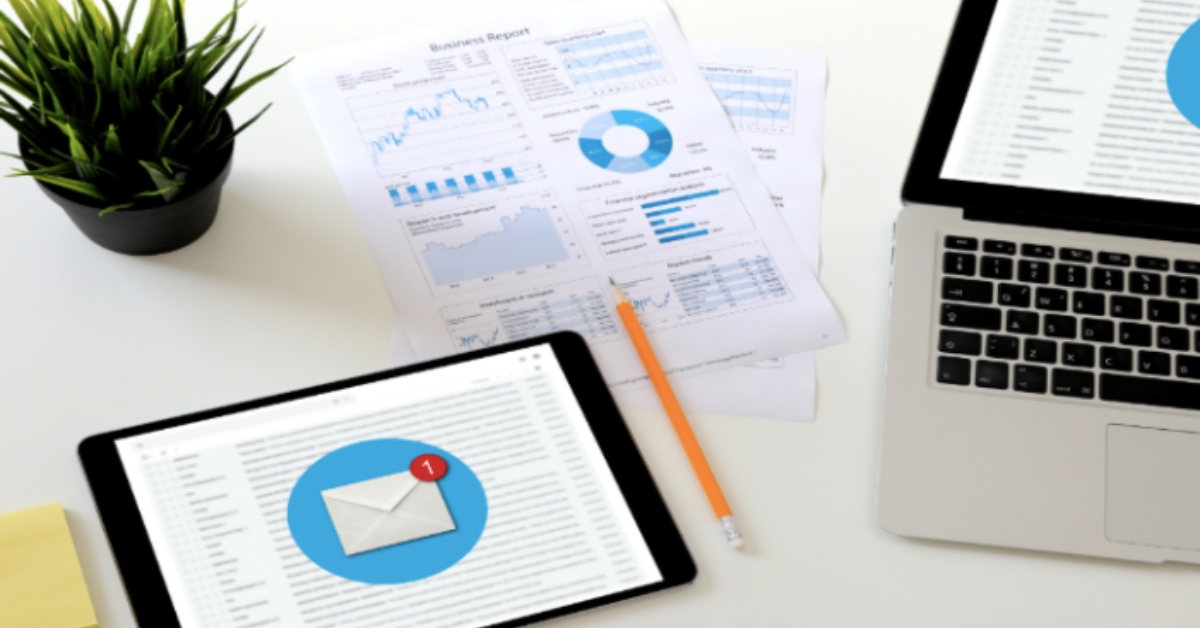Introduction
In today’s fast – paced, tech – driven world, digital marketing is evolving at an unprecedented rate. With the rise of new technologies and shifting consumer expectations, businesses must adapt their strategies to remain relevant and competitive.
This blog post dives into the future of digital marketing – unpacking key trends, emerging tools, and practical ways brands can prepare for what’s next.
Understanding the Shift in Consumer Behavior
Data – Driven Personalisation
Today’s consumers expect tailored content, personalised experiences, and real – time engagement. By analysing behavior, preferences, and demographics, brands can create highly targeted campaigns that resonate.
Privacy – Conscious Audiences
Amid growing concerns around data privacy, users are more selective about the information they share. Digital marketers must be transparent, ethical, and compliant with regulations like GDPR and CCPA.
Core Trends Shaping the Future
Artificial Intelligence & Machine Learning
AI is already transforming digital marketing by automating tasks, predicting behavior, and personalizing campaigns. Expect deeper integration in tools like chatbots, recommendation engines, and predictive analytics.
Conversational Marketing & Chatbots
Chatbots are becoming more advanced, offering instant, human – like interactions that improve customer support and engagement across websites and social media.
Voice Search Optimisation
With smart speakers and voice assistants on the rise, optimising for voice search is crucial. This means focusing on natural language, long – tail keywords, and answering specific user queries.
Video Content & Live Streaming
Video marketing continues to dominate. Platforms like YouTube, Instagram, and TikTok are prime arenas for storytelling, tutorials, and behind – the – scenes content. Live videos offer real – time interaction that builds trust and engagement.
Influencer Marketing Evolution
As users seek authenticity, micro – influencers and transparent brand partnerships are gaining traction. Regulation and disclosure will play a bigger role in influencer collaborations moving forward.
Augmented Reality (AR) & Virtual Reality (VR)
These immersive technologies are redefining how consumers explore and experience products – especially in industries like fashion, gaming, real estate, and travel.
Integrating Tools and Technologies
Automation & Scheduling Tools
From email campaigns to social media posts, automation tools help streamline workflows. Platforms like HubSpot, Buffer, and Later improve efficiency and consistency.
Analytics & Real – Time Insights
Harness tools like Google Analytics and platform – specific insights to monitor performance, refine strategies, and stay agile.
Blockchain in Advertising
Blockchain may soon enhance transparency and security in advertising, combating fraud and ensuring fair compensation in content monetisation.
The Rise of Ethical & Sustainable Marketing
Consumers are drawn to brands that align with their values. Ethical practices, sustainability efforts, and social impact messaging will be integral to brand identity and loyalty.
Case Studies & Real – World Examples
Many brands are already leveraging these trends. For example:
- A fashion retailer using AR for virtual try – ons.
- A fitness brand using AI to deliver personalised workout recommendations.
- A local café boosting engagement through chatbot – based ordering and live Q&As.
As digital marketing continues to evolve, staying informed and adaptable is key. Start by embracing AI tools, optimising for voice search, and creating authentic, video – rich content.
By aligning with future – focused trends, your brand can not only stay ahead – but thrive in the digital age.


